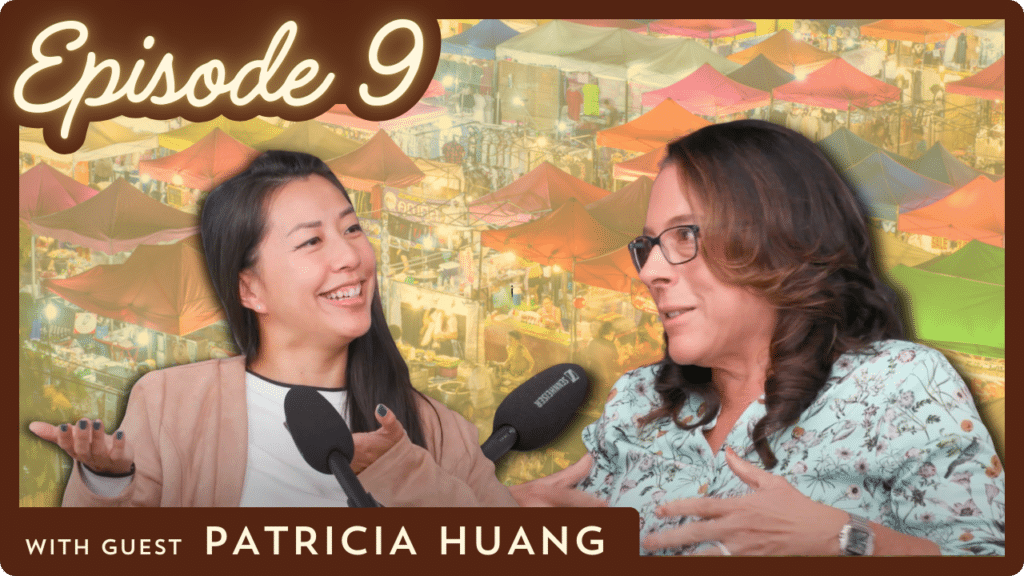
First generation, what does that mean? Not everyone knows the story of where their parents were born and the reasons, they came to raise you some place different. Uniquely, you straddle the familial culture and language while reaching for ways to understand and connect with the culture you are surrounded by.
As children, the initial challenges of being a first-generation child are felt at school. Language barriers may prevent a certain level of involvement from parents within school. Children are frequently put in the position to be translators for their parents and to their parents. At school, at medical visits, during shopping visits, etc. are all instances in which children can be relied upon to participate in important adult conversations. In some instances, this works. In others it can create a disconnect between parent and child. Frustration can mount when both child and parent do not clearly understand the needs of the other person. Not fully grasping the needs of the other person can present additional challenges; children are not equipped to navigate advocating for IEP’s, tutoring, or a second opinion from a medical professional.
How do parents and children manage that frustration with each other? Are there conversations within the family that create space for each person’s perspective and experience to be listened to with respect? Are conversations motivated by a desire for growth and understanding? Is there time for these conversations? Does anyone in the family have the skills to talk about emotions? Are emotions acceptable to talk about? If they’re not, what happens to the frustration? Is it expressed verbally or physically toward another?
In some families, parents may be working long hours, maybe even multiple jobs and not be around as much as they would like or need to be. Children may be faced with challenges of household responsibilities, caring for siblings, and completing schoolwork. Children may feel the pressure to excel academically or in other areas such as sports because they have opportunities that are new for their family. Parents may or may put this expectation upon their child.
Cultural norms and expectations can also present challenges. A first-generation child may be rooted in the culture of their family of origin by language, food, dress, customs, religion, holidays, community, etc. And yet, a first-generation child also experiences and can identify with the cultural norms of their school, sports team, friends, community, etc. Cultural differences may also be experienced in gender roles. How do families address these differences? Is there opportunity for discussion or an expectation of strict adherence to cultural norms and expectations?
A therapist can hold space for you to explore the feelings in being a first-generation child. Selecting a therapist who is of the same or similar cultural background as you may also be a consideration. Therapists are trained to treat individuals and families. Sometimes depending on the presenting issues, it may be more valuable to be seen individually or as a family. Many people may not initially consider being a first-generation child a standalone issue to discuss with a therapist. But therapists are there to listen, guide, and understand you if you need it. Sometimes talking things out with someone else lets you know that you’re not alone and can create a path toward healing.
Stay Updated With The Most Recent News & Blogs From Soultenders.
Get blog articles and offers via email







